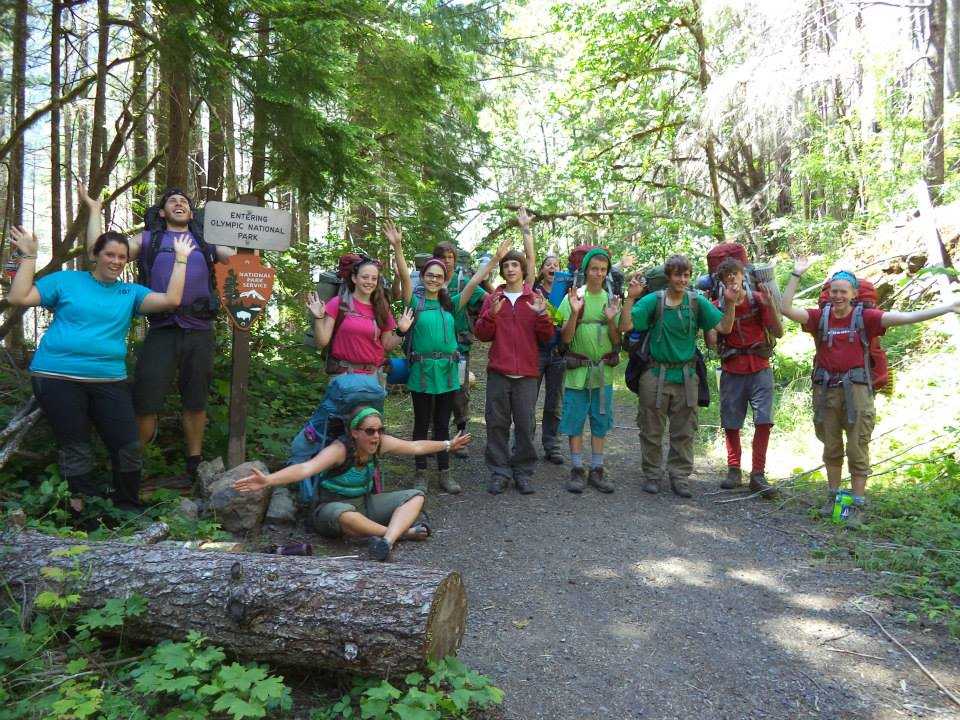

During this time he was also hired as an editor at the University of California Press. Time spent in the wilderness fueled his passion for preserving it, and in 1941 Brower was elected to the Sierra Club Board of Directors. While his mountaineering accomplishments mounted, so did his ideals as an environmentalist. In 1939 he led the first successful climb of New Mexico's dangerous Shiprock. Throughout his adult life Brower has been credited with 70 first ascents of peaks around the United States. A short two years later, in 1935, he was hired as publicity manager for Yosemite National Park where he would work for the next six years, all the while becoming a more ardent and outspoken advocate for the protection of wild places. In 1933, after three years spent working at Echo Lake Camp, adventuring in the wilds and diligently reading back issues of the Bulletin, Brower became an official member of the Sierra Club. It was a guest at Echo Lake Camp who initially introduced Brower to the Sierra Club Bulletin, a publication that Brower read often and used as inspiration for trips into the mountains. Here he ventured into the wilderness with guests of the camp, met other outdoor enthusiasts and had ample time in the off season to ascend peaks in the area. In 1930 he was hired as a clerk at Echo Lake Camp, one of three summer camps run by the city of Berkeley on the outskirts of Yosemite. During this time he also befriended renowned nature photographer Ansel Adams, who would later inspire Brower to become a member of the Sierra Club. Being immersed in park life allowed Brower to explore his surroundings and hone his skills as a mountain climbing enthusiast, having finally overcome his childhood fear of heights. Due to financial hardship he only spent a short time in college, leaving the University after his sophomore year to work not far from home at a concession stand in Yosemite. Brower entered the University of California at Berkeley at the very early age of 16 with an interest in studying entomology. In nature he found solace and peace and grew to feel safe in the world away from other humans. The embarrassment of having no teeth and the ridicule from his classmates led him to spend much of his childhood alone, playing outside in the woods. "Then she got bold, and I got bold, and together we walked from our house, about 200 feet above sea level, to Grizzly Peak - at 1,759 feet, it was the second- highest point in our Berkeley Hills…At the top, I described the vista for her: the hills the galaxy of wild flowers the few new houses a red-tailed hawk floating on the wind, looking for field mice the fog coming over San Francisco Bay the glimpse of the open sea through the Golden Gate."Īside from time spent in the outdoors with his family as a young boy, and acting as eyes for his mother, Brower attributes his appreciation for nature to a childhood accident in which he lost his front teeth. In his book, Let the Mountains Talk, Let the Rivers Run, he recalls: By giving "sight" to his mother, Brower too was able to appreciate the views from high places and the beauty of the natural world. Brower became his mother's guide, leading her initially around the neighborhoods of Berkeley and eventually into the surrounding hills. Though tragic, this occurrence helped Brower develop his budding interest in the wilderness his parents had exposed him to several years earlier. When Brower was eight years old, a brain tumor took his mother's sight after the birth of his younger brother. On one trip to Sentinal Dome, a steep hike in Yosemite National Park, his fear so deterred him, he refused to even get out of the car. Later in life he recalled being afraid of the deep ravines and rushing rivers that bordered trails on which his family hiked. Though David Brower would later grow to become a talented mountaineer and wilderness guide, during these initial trips he rarely strayed far from his parents' watchful eyes. The desire to escape these mundane positions lead him to drive his family into the woods on weekends in a 1916 Maxwell fitted for camping when David was only five years old. After losing his job as a mechanical drawing instructor at the University of California, David's father worked as a landlord and janitor. His parents fostered his love of wilderness at an early age by regularly taking the family on outings and camping trips to the mountains of the nearby Sierras.

He was the third child of four born to Mary Barlow and her husband Ross J. Brower was born on Jin Berkeley, California.


 0 kommentar(er)
0 kommentar(er)
